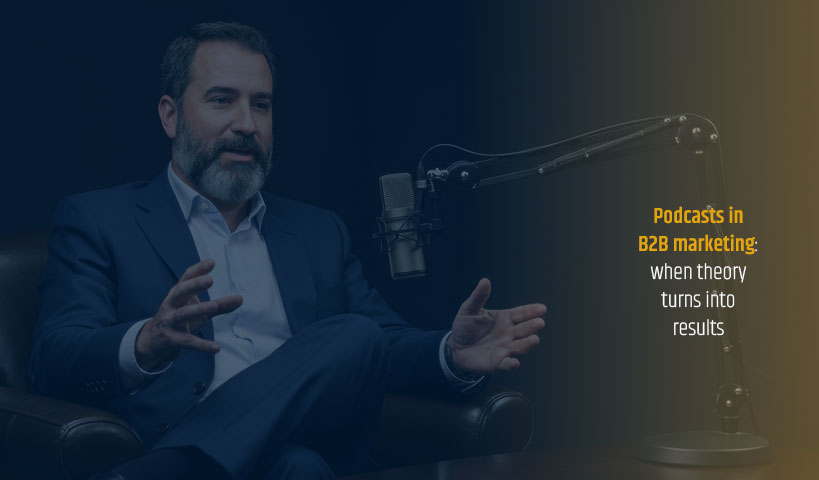You will surely agree that all sales leads from inbound marketing do not have the same priority. Then, how can you differentiate and treat them appropriately, within a sales cycle?
A reminder about Inbound Marketing
Inbound marketing is a set of tactics, tools and technologies dedicated to the generation and broadcast of authentic quality content that aims to be found by your prospects.
This is why it’s important to optimize the content that you post on the web, so it will be easily indexed by search engines and spotted on social media.
Prospects start their buying cycle by silently consulting your content: website, blog articles and government publications in social media.
If your content is of interest to them, they will convert to a degree equivalent to the interest in an object or a subject of their progression in their buying cycle. Consider the subscription to your blog, downloading a case study, completing a contact form or in the best case, they call you.
MQL
Now begins the prospect’s purchase cycle. On your side, it will be a sales cycle. With each new input from your inbound marketing, marketing has a leading role in the qualification.
Take for example, the downloading of a case study on your site. It is crucial to ask several qualification or segmentation questions. Ideally, these issues must be identified in collaboration with the sales department. This will be, for example, the professional title, company turnover, sector of activity, location of the company …
What passes through this filter is a qualified marketing lead, also known as Marketing Qualified Lead (MQL).
SQL
Once the MQL lead has passed, nothing can replace the validation by someone in the sales department. This is the qualification by sales or, Sales Qualified Lead (SQL).
In the case of a refusal, sales are involved in marketing their refusal to improve the MQL. If the lead is qualified, then sales proceed with their work approach.
Timing is everything
You guessed it; all leads do not get the attention of sales. So, the MQL leads that do not pass the SQL filter remain active in “nurturing“, pending action that would take them to the next level as a download of a case study or a contact form.
The key is to minimize the filtration time. The faster you contact a prospect, the better your chances. Thus, all sales should be contacted as a lead within 48 hours. If you can do so within 2 hours, it’s even better.
Conclusion
Marketing and sales must work hand in hand in filtering criteria for leads from inbound. They must also comply on a service agreement, a maximum time limit for delivery of an MQL, acceptance and, validation into an SQL, which will be contacted within 48 hours.
It’s a team effort. Do it right. Take a personal approach. Support your continuous improvement. Remember to measure your efforts.




